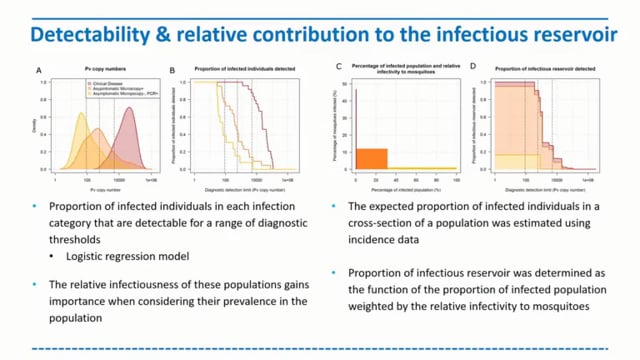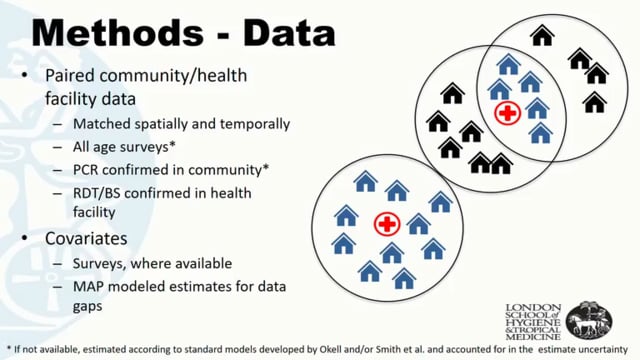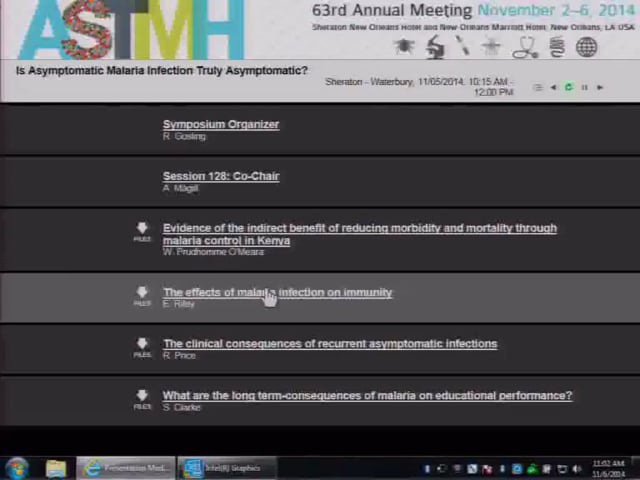Warning: Undefined array key "file" in /var/www/vhosts/gestortectic.com/mesa.gestortectic.com/wp-content/plugins/fulltext-search/includes/wpfts_querylog.php on line 520
Warning: Undefined array key "file" in /var/www/vhosts/gestortectic.com/mesa.gestortectic.com/wp-content/plugins/fulltext-search/includes/wpfts_querylog.php on line 520
Warning: Undefined array key "file" in /var/www/vhosts/gestortectic.com/mesa.gestortectic.com/wp-content/plugins/fulltext-search/includes/wpfts_querylog.php on line 520
Warning: Undefined array key "file" in /var/www/vhosts/gestortectic.com/mesa.gestortectic.com/wp-content/plugins/fulltext-search/includes/wpfts_querylog.php on line 520
Warning: Undefined array key "file" in /var/www/vhosts/gestortectic.com/mesa.gestortectic.com/wp-content/plugins/fulltext-search/includes/wpfts_querylog.php on line 520
Warning: Undefined array key "file" in /var/www/vhosts/gestortectic.com/mesa.gestortectic.com/wp-content/plugins/fulltext-search/includes/wpfts_querylog.php on line 520
Warning: Undefined array key "file" in /var/www/vhosts/gestortectic.com/mesa.gestortectic.com/wp-content/plugins/fulltext-search/includes/wpfts_querylog.php on line 520
Warning: Undefined array key "file" in /var/www/vhosts/gestortectic.com/mesa.gestortectic.com/wp-content/plugins/fulltext-search/includes/wpfts_querylog.php on line 520
Warning: Undefined array key "file" in /var/www/vhosts/gestortectic.com/mesa.gestortectic.com/wp-content/plugins/fulltext-search/includes/wpfts_querylog.php on line 520
Warning: Undefined array key "file" in /var/www/vhosts/gestortectic.com/mesa.gestortectic.com/wp-content/plugins/fulltext-search/includes/wpfts_querylog.php on line 520
Warning: Undefined array key "file" in /var/www/vhosts/gestortectic.com/mesa.gestortectic.com/wp-content/plugins/fulltext-search/includes/wpfts_querylog.php on line 520
Warning: Undefined array key "file" in /var/www/vhosts/gestortectic.com/mesa.gestortectic.com/wp-content/plugins/fulltext-search/includes/wpfts_querylog.php on line 520
Warning: Undefined array key "file" in /var/www/vhosts/gestortectic.com/mesa.gestortectic.com/wp-content/plugins/fulltext-search/includes/wpfts_querylog.php on line 520
Warning: Undefined array key "file" in /var/www/vhosts/gestortectic.com/mesa.gestortectic.com/wp-content/plugins/fulltext-search/includes/wpfts_querylog.php on line 520
Warning: Undefined array key "file" in /var/www/vhosts/gestortectic.com/mesa.gestortectic.com/wp-content/plugins/fulltext-search/includes/wpfts_querylog.php on line 520
Warning: Undefined array key "file" in /var/www/vhosts/gestortectic.com/mesa.gestortectic.com/wp-content/plugins/fulltext-search/includes/wpfts_querylog.php on line 520
Warning: Undefined array key "file" in /var/www/vhosts/gestortectic.com/mesa.gestortectic.com/wp-content/plugins/fulltext-search/includes/wpfts_querylog.php on line 520
Warning: Undefined array key "file" in /var/www/vhosts/gestortectic.com/mesa.gestortectic.com/wp-content/plugins/fulltext-search/includes/wpfts_querylog.php on line 520
Warning: Undefined array key "file" in /var/www/vhosts/gestortectic.com/mesa.gestortectic.com/wp-content/plugins/fulltext-search/includes/wpfts_querylog.php on line 520
Warning: Undefined array key "file" in /var/www/vhosts/gestortectic.com/mesa.gestortectic.com/wp-content/plugins/fulltext-search/includes/wpfts_querylog.php on line 520
Last Updated: 05/10/2023
Identification of Plasmodium vivax antigens and evaluation of specific T cell response in symptomatic and asymptomatic infections
Objectives
*Original title in Portuguese: Identificação de antígenos de Plasmodium vivax e avaliação da resposta de células T específicas nas infecções sintomáticas e assintomáticas
The general objective of this project is to identify P. vivax antigens for which clones are generated in symptomatic and asymptomatic infection, and to characterize the quality of the antigen-specific response during malaria.
The immune response triggered during malaria is complex and poorly understood. An important obstacle to understanding this immunity is the lack of culture of the parasite and the difficulty in obtaining antigens from clinical samples, resulting in the scarcity of studies on the adaptive response against Plasmodium vivax. This scenario directly impacts the difficulties encountered in the development of diagnostic tools and immunotherapies, such as vaccines. The main unresolved questions about cellular immunity in malaria are: i) why individuals exposed to Plasmodium are frequently reinfected and, therefore, protection against this parasite is not fully achieved; and ii) why some individuals develop clinical protection, becoming asymptomatic and maintaining low parasitemia. Malaria is characterized by strong inflammation with the production of high levels of circulating cytokines associated with a high parasite load, which may affect the differentiation and functioning of T cells. There is evidence that P. vivax-specific T cells are generated in malaria and their maintenance depends on the antigenic and inflammatory microenvironment. Thus, exacerbated responses such as those that occur in symptomatic malaria can hinder the development of efficient adaptive responses. On the other hand, in asymptomatic malaria, where the parasitic load is subpatent and inflammation is modulated, P. vivax-specific T cells could be induced more effectively, helping to control the infection.
Therefore, the proposal targets the use of a comprehensive library of peptides to identify antigen-specific cells, their state of activation, exhaustion and their antigenic specificity. Biological samples from patients infected with P. vivax will be used, presenting symptomatic and asymptomatic forms of the disease. This approach will allow the comparison of how the immune systems of different groups of individuals respond to the same parasite and identify important elements of this response. In addition, the study will look for antigens, or groups of antigens, that uniquely trigger these distinct responses. Obtaining this information, which includes a greater understanding of immunological memory and protection against P. vivax, will enable the development of new tools for immunotherapy and diagnosis. Finally, it is proposed, using this library of peptides, to develop a diagnostic test for interferon-gamma secretion that potentially differentiates symptomatic and asymptomatic forms of this infection.
Jan 2021


